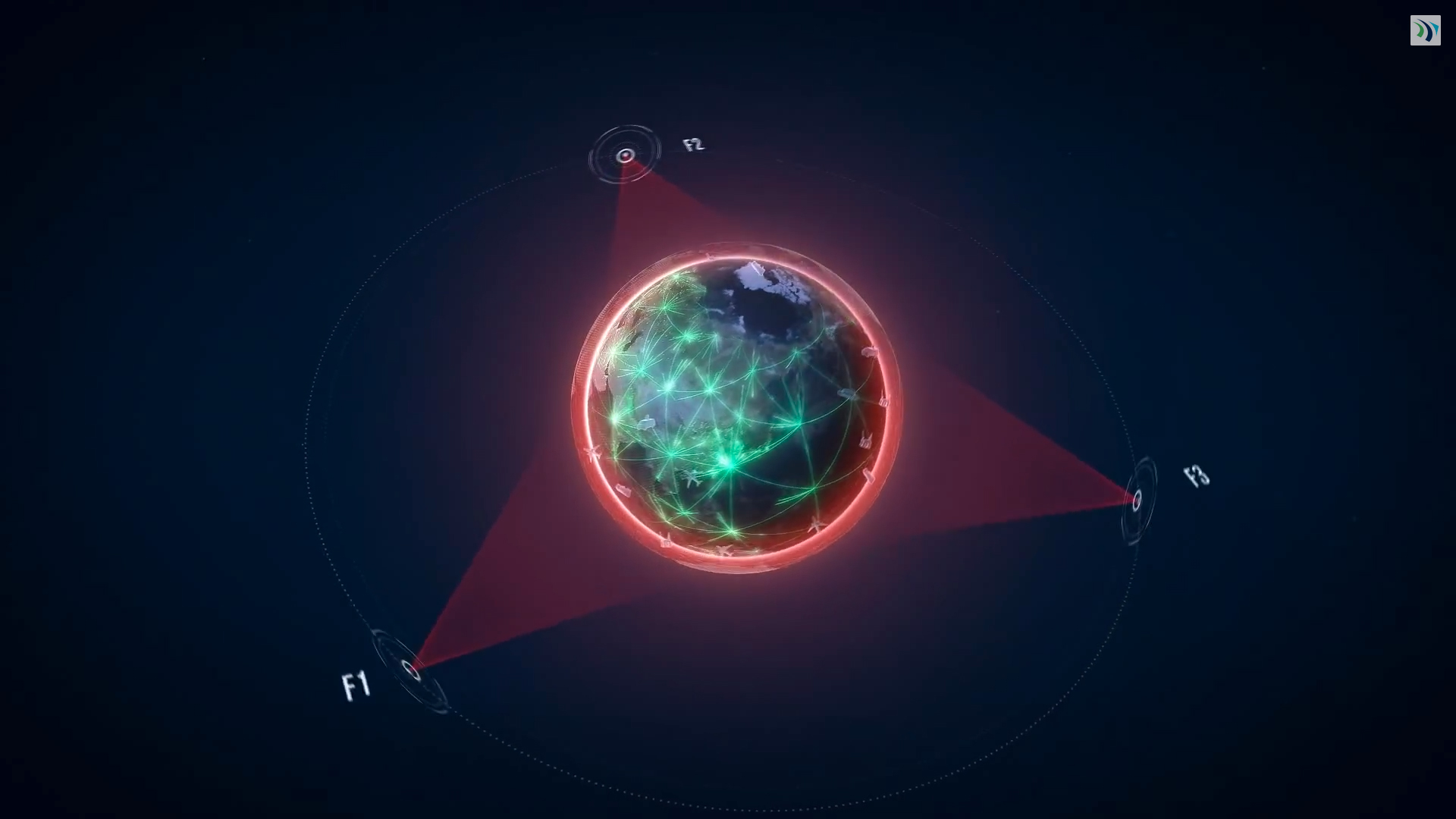

"Understanding these diverse needs is one the biggest challenges for our partners. On challenges, Greenwood said the requirements of nations within the region are very varied and diverse. It also enables a raft of applications, such as video conferencing, remote monitoring, data downloads, internet access, and many more at sea, in the air and on land. For some specialised users, all this information can be passed securely, with many cryptographic devices designed to operate with BGAN. "BGAN enables connectivity to the internet within 35 seconds whilst providing the ability to make traditional voice calls," she said. "The BGAN service is accessible from a satellite terminal that is laptop sized, mobile and easy to use. Greenwood who was here recently to participate in the MilSatCom Asia Conference said all the services offered by Inmarsat provide the means for communication that governments and the military require. The most recent offering of IP services over Inmarsat's latest generation of satellites, known as the I4's, provides a service with simultaneous voice and IP data up to speeds of 492 kbps. She said communications in times of crisis need to be reliable and Inmarsat's 99.95 per cent network availability ensures, it is often the company first responders turn to for satellite communication needs. "We anticipate demand for our services to increase as users today seek the same communications connectivity they have at home, even if they are onboard a ship, in an aircraft or deployed in support of a humanitarian operation," she added. With its global coverage of 11 Satellites, Inmarsat has been able to match the growing demand for mobile broadband satellite services. Greenwood said the ability to communicate in times of natural disaster has seen many aid workers, military disaster response units and NGOs come to rely on Inmarsat services such as the Broadband Global Area Network (BGAN) and its hand held satellite phones, the IsatPhone Pro. "Asia is a core market for our Maritime business and we have been successfully expanding into the land and aeronautical sectors," she told Bernama in an interview. "Working through local partners we are able to service the diverse and specialised needs and requirements of our customers. Lizzie Greenwood, Inmarsat Plc's Director for Government Services in the Asia-Pacific said the Malaysian Navy and Malaysia Maritime Enforcement Agency are of particular note, as they require Satcom capability when out of coastal range and engaged in exercises with other nations. Being the leading provider of global mobile satellite communications services, Greenwood said Inmarsat has had a presence in the Asia Pacific region for many years.


Previously listed in London, Inmarsat was sold to a consortium of UK-based Apax Partners, U.S.-based Warburg Pincus, Ontario Teachers' Pension Plan and the Canada Pension Plan Investment Board for $3.4 billion in 2019.Having satellite communication (Satcom) capability is vital for Malaysia for interoperability and as part of any multinational force for the future security of the region. He said the service would not compete with the likes of Starlink or OneWeb because it would be targeted at commercial and government customers, including new opportunities like high end cruises, rather than consumer broadband or video distribution. "GEO is for ubiquitous coverage and capacity globally, and then LEO comes in for high-demand areas, such as canals, and 5G will take care of ports and other congested places," he said in an interview. The network will mesh together Inmarsat's GEO satellites with the new deployments, he said. These are being deployed in high numbers by operators such as Elon Musk's Starlink and UK-backed OneWeb.Ĭhief Executive Rajeev Suri said Orchestra would offer a service unmatched by any competitor, particularly in congested areas such as a crowded port, an aircraft preparing to land at LAX or a defence force in a remote location. It will augment this with the smaller and cheaper LEO satellites. Inmarsat already has a network of high-capacity GEO satellites that will number seven by 2024, offering high-speed broadband. The service, named Orchestra, will require investment of about $100 million over five years and will eventually include 150-175 LEO satellites, Inmarsat said on Thursday. LONDON, July 29 (Reuters) - Britain's Inmarsat said it would launch a constellation of low earth orbit (LEO) satellites that it will combine with 5G mobile and its existing GEO satellites to offer more capacity to its global maritime, aviation and land-based customers.


 0 kommentar(er)
0 kommentar(er)
